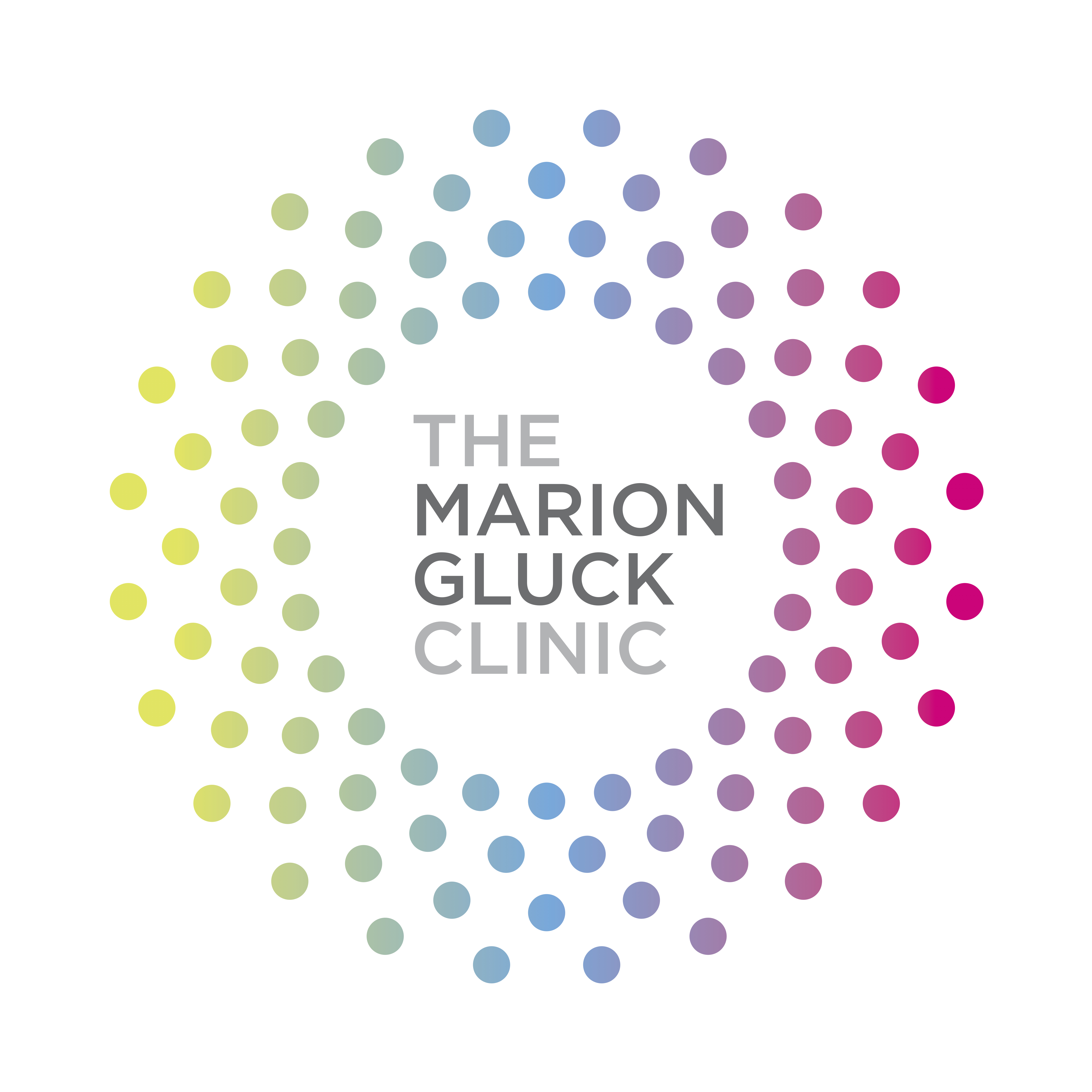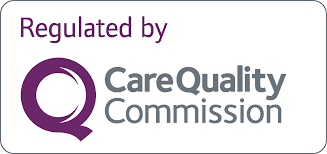Does PMS Get Worse With Age?
As you age, you experience a variety of changes, both mentally and physically. And as you change, so do your hormones — and that includes premenstrual syndrome (PMS), if you suffer from it.
From your 20s all the way through your 30s to your 40s, PMS can worsen with age, especially during perimenopause. In this guide, we look at whether PMS gets worse with age, and how it manifests during your 20s, 30s and 40s.
PMS in your 20s
As any woman can tell, your 20s can be a rough few years, navigating new careers, relationships and the onset of true adulthood. But PMS doesn’t make it any easier.
During your 20s, your hormones can significantly fluctuate. Your progesterone and oestrogen levels reach their peak, increasing and decreasing according to your menstrual cycle, leading to mood swings, weight gain and other changes. This is often exacerbated by the lifestyle habits of a 20-year-old: smoking, drinking, poor sleep, and so on.
All of this can result in heavier, more noticeable symptoms of your PMS in your 20s. Fatigue, skin issues, general feelings of tension — these can all become more intense and harder to deal with.
If your PMS symptoms aren’t as intense during your 20s, it might be down to your birth control. The pill or the implant introduces artificial hormones into your body, putting a stop to ovulation and your natural menstrual cycle, reducing the symptoms of PMS too.
PMS in your 30s
Worried about hitting the big 3-0? Thankfully you can take some comfort in the fact that by the time you reach your 30s, your PMS symptoms will likely ease.
This is often because many women become mothers in their 30s. And while pregnancy and breastfeeding can be a new, strange and even uncomfortable experience for new mothers, they also offer some relief from PMS symptoms in your 30s.
Pregnancy itself also prevents you from ovulating and getting your period and, as a result, prevents you from experiencing symptoms of PMS during your 30s too.
It’s not all plain sailing though. If you’ve been on the pill for most of your 20s and then cease taking it to have children, the period between ending hormonal birth control and actually conceiving can be difficult — hormonally speaking — as your natural hormones start to work as normal.
PMS in your 40s
By the time you reach your 40s, that decade of relative hormonal stability often comes to an end. With the perimenopause ahead of you (the 5–10 years before your actual menopause arrives), your PMS symptoms will likely become harder and more noticeable in your 40s.
This is often exacerbated by the fact that your period will start to become more inconsistent as your hormone levels drop. However, as the symptoms of PMS and perimenopause can overlap, it can be tricky to determine which one is a problem on that particular day.
As a rule of thumb though, if you previously had a history of PMS, your symptoms in your 40s might well still be PMS. If you haven’t got a history, however, your symptoms might well be the onset of perimenopause.
Tips for managing PMS symptoms — whatever your age
PMS is never a pleasant experience — but there are ways to manage it. Here are a few ways you can manage the symptoms of your PMS as you age:
Get some exercise: running, swimming and cycling are all great aerobic exercises that mitigate the worst of your PMS symptoms, specifically low mood, fatigue and poor concentration.
Get a good night’s sleep: when you sleep, your body gets a chance to rest. Avoid the late nights and aim for a solid forty winks every night.
Follow a healthy diet: you are what you eat, so ditch the salty and sugary food and drinks and reduce your caffeine intake, and your PMS symptoms should follow suit.
Boost your hormones: bring balance back to your hormones with a boost of hormones from Hormones and You. Our naturally formulated bioidentical PMS cream restores the hormonal imbalances caused by PMS, reducing your symptoms and making your PMS that bit easier to manage.
For more information about PMS, please read our article ‘What is PMS?’.
How Hormones and You can help
PMS can affect us at any point in our life, with the symptoms changing as we get older.
The good news is that progesterone supplementation can help PMS symptoms enormously for many women of all ages.
Take our online assessment and discover how our range of accessible, natural and personalised hormone solutions can help alleviate the symptoms of PMS for a happier, more comfortable life — no matter what age you are.






